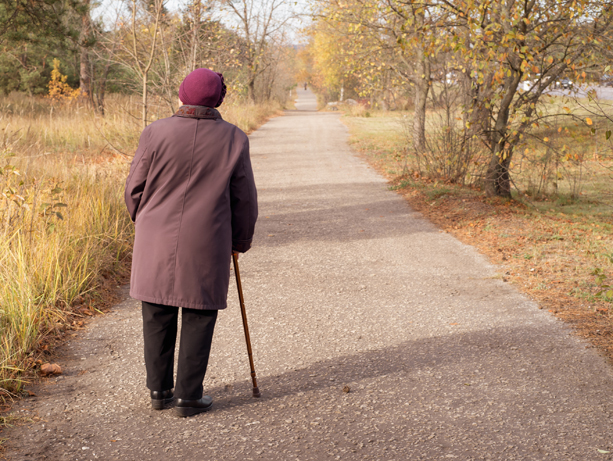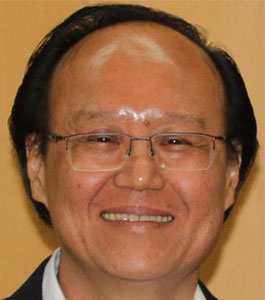In a startling revelation, a study spanning 14 years has found that half of the elderly in Singapore are frail, mostly from low-income and those who are single, divorced or widowed. There are multiple factors responsible for this including malnutrition, lack of exercise and chronic disease.
The longitudinal study was started in 2003, and involved almost 3,000 elderly aged 55 years and above, with the oldest resident being 96 years old. It found that malnourishment was a big factor in causing frailty.
The researchers of the National University of Singapore study said, “Elderly who are frail are twice as likely to die earlier compared to their peers, and we stress the need for senior citizens to take matters into their own hands.”
Ng Tze Pin, Associate Professor at NUS Yong Loo Lin School of Medicine, said, “There is much that older people can do for themselves to avoid becoming frail and disabled, so it is vital that they pay attention to a good-quality diet and nutrition, engage in physical exercise, and participate in socially and cognitively stimulating activities,”
In addition to this, voluntary welfare organisations and healthcare providers should also work together and roll out programmes for the elderly to have more nutritious meals, or do strength-building exercises.
In the study, more than half of those who were frail were found to be malnourished — a proportion that was more or less in line with the international average.
Assoc Prof Ng said, “Appetite and absorption of nutrients also gets poorer with age, and the situation is worsened if they lose their teeth.”
Chronic disease was also a major factor for the frailty of the elderly Singaporeans, the study revealed. About 80 per cent of the frail elderly were having five or more chronic diseases.
Among the frail elderly, 60 per cent had no formal education, 66 per cent lived in one or two-room flats, while 45 per cent lived alone. An overwhelming majority — 91.5 per cent — were single, divorced or widowed.
Assoc Prof Ng, said, “Compared to their peers, elderly folk who are physically frail are two to 10 times as likely to become functionally disabled, or have a physical or mental impairment that limits their capacity for independent living.
He added, “When physical frailty and cognitive impairment are present together in the same individual, he or she is more than 20 times as likely to become disabled, hospitalised or die earlier.”




